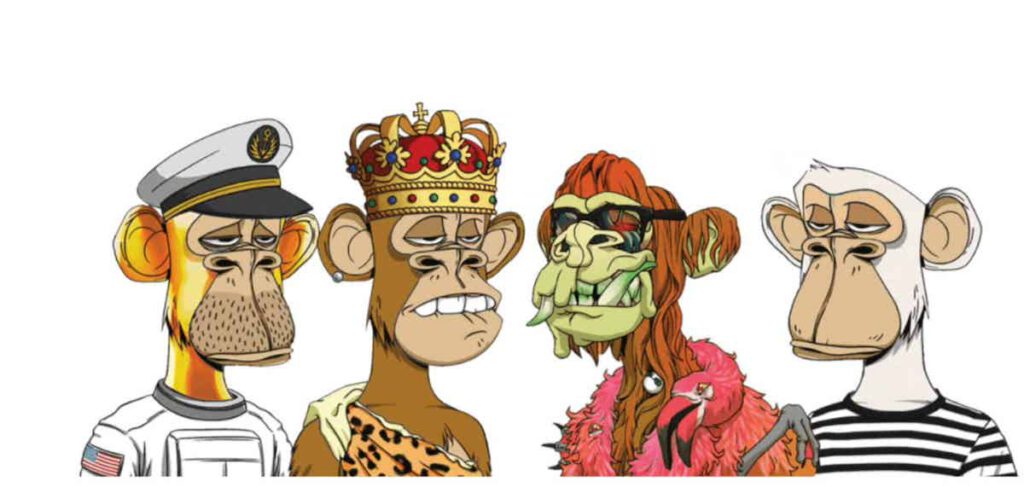The U.S. Circuit Court of Appeals is currently reviewing a trademark lawsuit against artist Ryder Ripps. The core of the dispute lies in Ripps’ reproductions of the Bored Ape Yacht Club NFTs, which are originally the creation of Yuga Labs.
Ripps’ Defense and Yuga Labs’ Counterfeit Claims
In a move to counter the allegations, Ripps’ legal counsel posited that the lawsuit levied against the artist ought to have been dismissed. Their defense hinges on California’s anti-SLAPP statute, which seeks to protect actions that advocate free speech from unwarranted legal actions. The primary contention here is whether Ripps’ actions fall under the purview of free speech or if they cross the boundary into infringement territory.
Yuga Labs, the entity behind the renowned Bored Ape Yacht Club NFTs, contends that Ripps deliberately counterfeited its Bored Ape NFTs, presenting them as satire. The labs further assert that Ripps amassed significant profits from these counterfeits, capitalizing on the popularity and value of the original Bored Ape tokens.

Ripps, in his defense, categorizes his NFT reproductions as appropriation art. He emphasizes that the intent behind creating these versions was to shed light on and critique what he viewed as racially insensitive and anti-Semitic undertones in Yuga Labs’ tokens and associated branding. By presenting his work as a form of social commentary, Ripps aims to delineate his creations from mere replicas and position them as art with a distinct and critical message.
U.S. District Judge’s Ruling
Earlier in April, U.S. District Judge John Walter sided with Yuga Labs in this ongoing legal tussle. Judge Walter’s assessment of the situation drew a parallel between Ripps’ NFTs and counterfeit luxury products, such as handbags. In his view, the NFTs in question did not possess sufficient artistic value to set them apart from the originals, thereby undermining Ripps’ claim of appropriation art.
As the case progresses in the U.S. Circuit Court of Appeals, it promises to set a precedent for future disputes in the rapidly evolving NFT space. The outcome will not only shape the legal landscape but also influence artists, creators, and stakeholders on the nuances of artistic expression, intellectual property, and the boundaries between homage, critique, and infringement.
